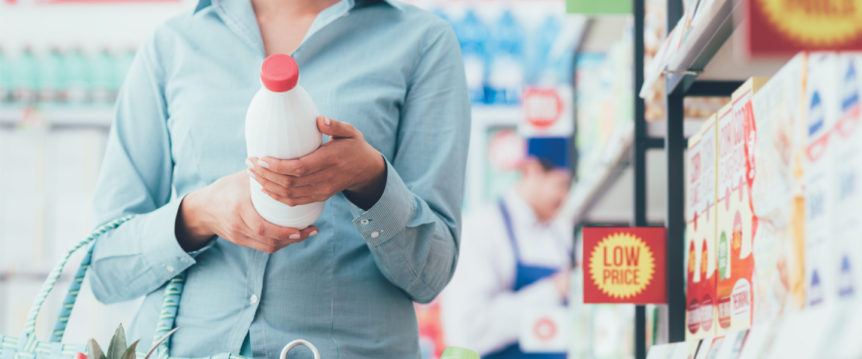In the U.S., one in nine people struggle with hunger every day, while 40 percent of food produced in the country goes uneaten—including food waste created in households. According to research by ReFED, a national nonprofit working to reduce food waste, 20 percent of safe-to-eat food is estimated to be discarded every year because date labeling on food products confuses consumers.
Kroger and its affiliate stores are working to change this. As part of its Zero Hunger | Zero Waste social impact plan to end hunger in communities where its stores operate and eliminate waste across the company by 2025, Kroger is standardizing date labels for its “Our Brands” food products—including Simple Truth, Private Selection, Fresh Selections and more—and providing simpler, easier-to-understand product quality and safety information.
So, what does this mean for shoppers? Throughout this year, Kroger will be transitioning its food products to feature one of the following date labels:
“Use By” is used to represent food safety. If a customer reads “Use By” followed by a date, it indicates the deadline for when the item is no longer safe to eat.
“Best if Used By is used to represent food quality. If a customer reads “Best if Used By” followed by a date, it indicates the deadline for guaranteed freshness but does not affect the product’s safety.
The simplified labels will apply to multiple categories, including dairy, deli, bakery, and fresh and frozen grocery.

